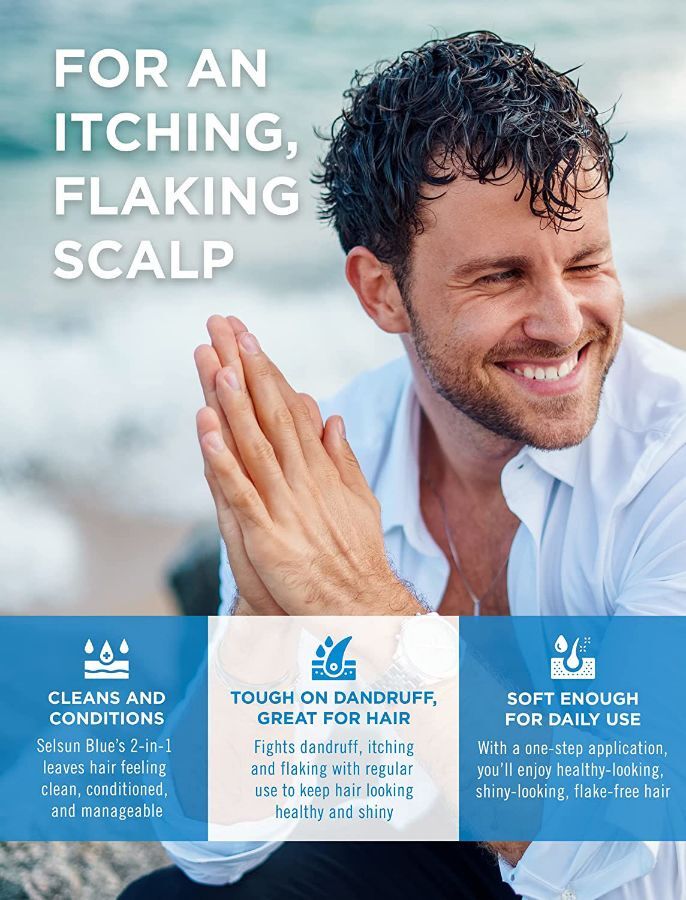Scalp conditions are a group of medical conditions affecting the skin and scalp hair. Various factors, including genetics, medical conditions, hormonal changes, and certain hair care practices, can cause them.
Some common conditions :
- Dandruff is a common condition characterized by itching and flaking of the scalp.
- Scalp psoriasis: a chronic autoimmune disorder that causes red, scaly patches on the scalp.
- Seborrheic dermatitis is a skin infection that yields redness, itching and flaking on the scalp and other body spots.
- Scalp eczema: a type of eczema that affects the scalp, causing redness, itching, and flaking.
- Fungal infections: such as tinea capitis (ringworm of the scalp) and candidiasis (yeast infection)
- Alopecia is an autoimmune condition that causes hair loss on the scalp and other body areas.
- Telogen effluvium is a temporary hair loss disorder induced by stress, hormonal changes, or certain medicines.
- Traction alopecia is hair loss provoked by close-knit hairstyles pulling on the hair.
What is Scalp fungi?
A fungal infection is when a fungus grows on the scalp, causing symptoms such as itching, flaking, and redness. The most common type of fungus responsible for scalp infections is a yeast called Malassezia. This fungus is naturally present on the skin. It is highly infectious and can be fanned by immediate contact with an infected person or by sharing combs, caps, or other personal objects. Still, an overgrowth can occur due to several factors, including a weakened immune system, hormonal changes, and the use of certain hair care products. Fungal conditions of the scalp have other names tinea capitis, ringworm of the scalp, scalp ringworm, or simply ringworm. In addition to the symptoms above, fungal infections of the scalp may also cause hair loss; in some cases, the condition can lead to scalp scarring.
Scalp ringworms
Scalp ringworm, called tinea capitis, is a fungal disorder of the scalp induced by a class of fungi called dermatophytes. The condition causes a ring-shaped rash on the scalp and can lead to hair loss. The rash is typically red, scaly, and itchy. The center of the inflammation may appear normal or even slightly depressed. The fungus that causes scalp ringworm thrives in warm and moist environments. It can spread via immediate contact with an infected person or by sharing combs, hats, or other personal items.
Symptoms of scalp ringworm include:
- Scaly, itchy patches on the scalp
- Ring-shaped rash on the scalp
- Hair loss, the hair may break off at the scalp, leaving black dots
- Swelling, redness, and tenderness of the scalp
- In some cases, mild fever and swollen lymph nodes
In addition to these symptoms, scalp ringworm can lead to complications such as scarring. Treatment for scalp ringworm typically includes antifungal medications and shampoos.
What is Dandruff?
Dandruff is a common condition characterized by itching and flaking of the scalp. A disease caused by the overgrowth of naturally occurring yeast on the skin, dandruff can also be generated by other factors, such as dry skin, sensitivity to hair products, and certain medical conditions. It is treatable with over-the-counter shampoos and other topical products, as well as by changing one's hair care routine. In severe cases, a doctor may recommend a prescription medication.
Shampoos that help in recovering from different scalp conditions?
Nizoral Extra Strength 2% Shampoo
Nizoral extra strength is a medicated shampoo that contains the active ingredient ketoconazole 2 %. It treats dandruff and other scalp conditions caused by a fungal infection. It is available in different strengths, with Nizoral A-D Extra Strength being the most potent version. The shampoo kills the fungus that causes the scalp condition and reduces inflammation. It is typically utilized twice a week and works with different cures recommended by a healthcare provider. It is for external use only and should be applied to the scalp, massaged in and left for 3-5 minutes before rinsing off.
Selsun Blue 2.5% Shampoo
Selsun Blue extra strength is a brand of over-the-counter medicated shampoo used to treat dandruff, seborrheic dermatitis, and other scalp conditions. It contains selenium sulfide 2.5% as the active ingredient, which helps to reduce the growth of yeast on the scalp. The shampoo works by slowing down the growth of skin cells on the scalp, which can reduce the amount of flaking and itching associated with dandruff. It also may have anti-inflammatory properties that can help to reduce redness and irritation. Selsun Blue shampoo is available in different formulations, including regular, extra strength, and colour-treated hair.
.png)


 Canadian Dollar
Canadian Dollar  US Dollar
US Dollar 






























.png)
